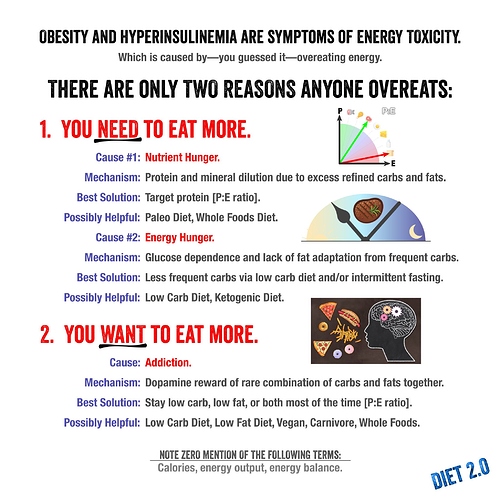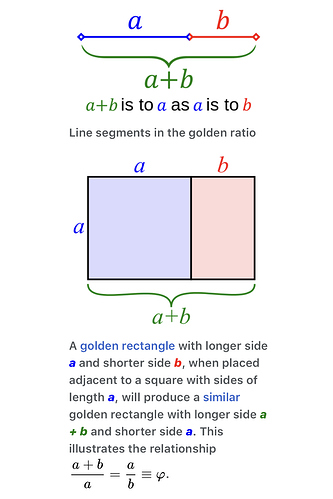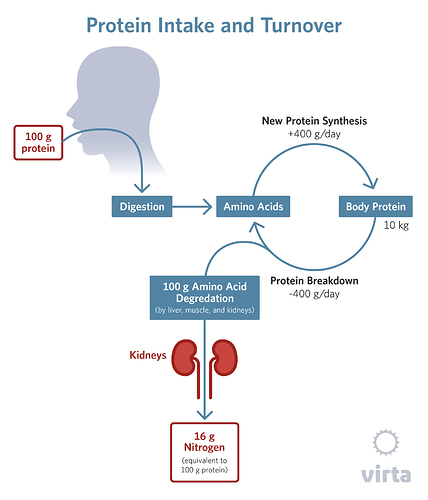There is a current discussion on Twitter between Amber O’Hearn, @KetoCarnivore, and Ted Naiman, @tednaiman, about whether Ted’s P:E (protein:energy, which of course drives an engineer like me crazy, since the units aren’t the same) ratio actually helps (Ted’s theory) or hinders (Amber’s theory) weight loss.
As someone who went from eating very high fat to eating much higher protein because of Ted Naiman, I’m currently in Ted’s camp. I can, however, be convinced otherwise.
Furthermore, I think it’s likely person-specific. It may be related to what you are eating (is carnivore different from keto or low carb?), it may be related to exercise (I lift weights and do HIIT, as does Ted, so maybe we get better results with higher protein?), your genetics (Jimmy Moore and John Limansky interviewed someone who went over their genetic profiles on the Keto Hacking MD podcast, to determine why Jimmy has hypoglycemia when eating both high protein and very high fat), and your insulin resistance. I think it may also change over time. I started low carb eating higher fat, then went really high fat, then went lower fat, much higher protein. Maybe higher protein when you just start low carb is not as good? This may also be because I think I’ve repaired some of the damage I did to my pancreas, liver, etc., and I weight lift to failure (every set, I do it until I can’t). It also may depend on the types of meat and other foods you’re eating. Someone on Twitter said they have better results with beef and less with pork, chicken, and fish, but the former is lower PUFA, and the latter are higher PUFA.
For me, I have found that protein seems more filling. I can easily overeat fat, but it’s very, very difficult to overeat protein.
Anyway, if you have a twitter account, it’s worthwhile following this discussion. You can search for their Twitter handles, and then see the discussion. (I’d link to it, but apparently I don’t know my password anymore for Twitter, which I really only use on my phone, and I don’t have the time right now to reset my password on my computer.)

 , I think he actually makes me feel worse about myself. I’ve been following him since, I think about 2015. His body weight exercise progress is crazy ridiculous. I can’t believe he is still improving with this. He’s definitely a great n=1 example.
, I think he actually makes me feel worse about myself. I’ve been following him since, I think about 2015. His body weight exercise progress is crazy ridiculous. I can’t believe he is still improving with this. He’s definitely a great n=1 example.

